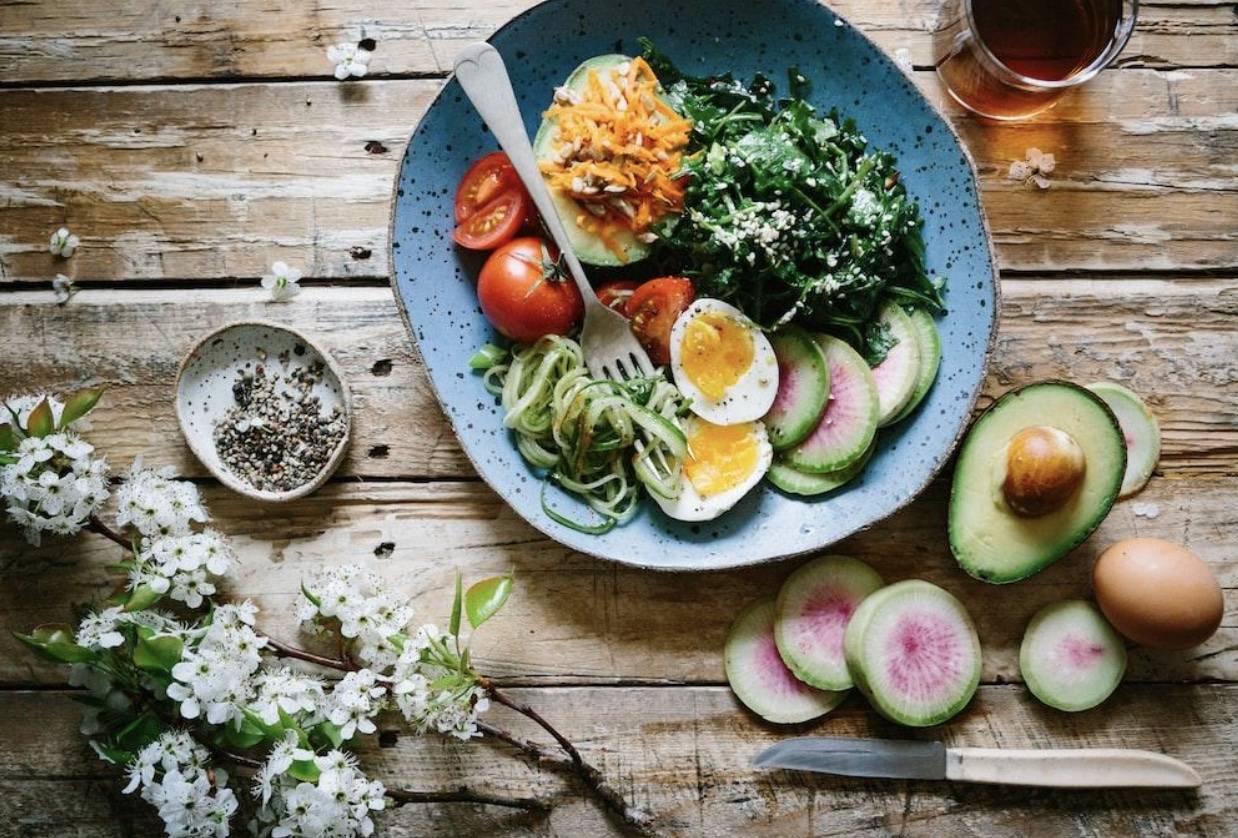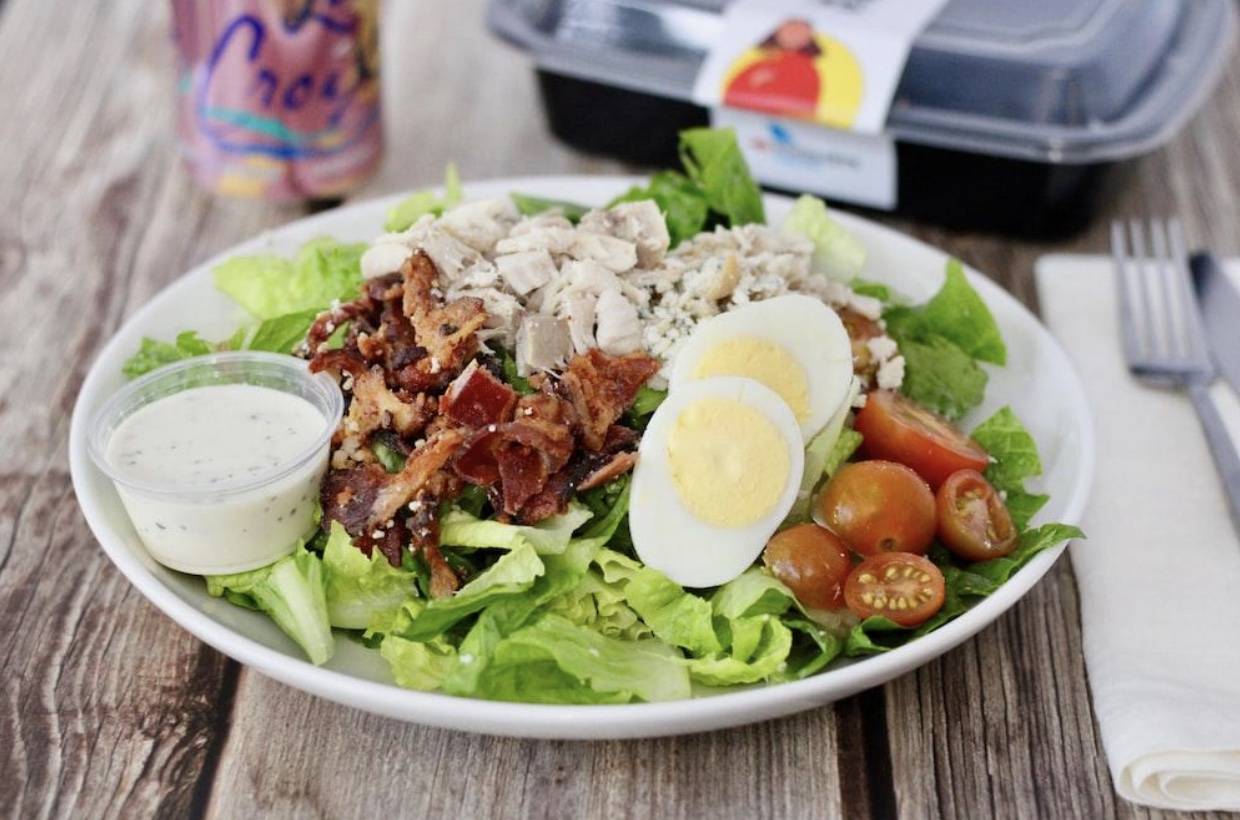Sure, eating more calories during the holidays is easy. But what about finding easy ways to burn more calories after they're over?

January 2023. This article is independently written by Shelby Golding. All opinions given are hers. Shelby has been certified as a personal trainer and nutritional specialist since 2007. In 2008, she found her passion for writing about these topics and hasn't looked back.

If you've ever tried to overhaul your entire diet, you know how hard it can be. Changing everything about how you eat requires serious willpower, and it's often impractical. But small dietary changes are easier to stick to and can make a big difference!
This guide highlights some easy changes you can make to help you maintain or lose weight and stay healthy. Keep reading to find something that'll work for you. Practical Dieting
A temporary diet with harsh restrictions is almost never the way to change your health – practical dieting is about finding something sustainable for life. And to do that, you need to find a balance between how you want to eat, what works for your lifestyle, and what's healthy.
Small Dietary Changes to Try
Dieting is like the tale of the tortoise and the hare. The hare who sprints towards their results with unhealthy calorie restrictions or food choices might see faster, immediate results. But the tortoise who takes small steps towards their goals has a more sustainable approach and will likely reach the proverbial finish line first.
Drink a Glass of Water Before Every Meal
Staying hydrated can help you burn more calories, and it helps fill your stomach before you eat. Drinking water can effortlessly reduce how much food you consume at each meal, and the impact will add up quickly if you keep at it.
Research suggests that drinking water before a meal can reduce your caloric intake by 13%. So if you eat 2,000 calories a day, 13% less would reduce your caloric intake by around 260 calories a day. And if that doesn't sound like a big deal, think again – eating just 250 fewer calories a day significantly reduces your risk of obesity and aids in weight loss.
- 1 slice of bread
- 1/3 of a russet potato
- 1/2 cup of cooked pasta or rice
- 1 1/2 tablespoons of chocolate chips
Add a Portion of Fruits or Vegetables to Every Meal

Protein helps you feel full faster and naturally helps you lose weight, so focus on high-protein foods. Here are some examples:
- Eggs
- Lean chicken, beef, or pork
- Fish
- Cottage cheese and Greek yogurt
- Milk
- Lentils and rice
- Firm tofu
- High-protein vegan meats
- Soy milk
- Protein powder and other protein supplements
If you make room for one of these high-protein foods at every meal, you'll naturally increase your protein intake. Combined with the practice of adding fruits and veggies to your plate, and drinking water before every meal, this could help you feel full much faster than usual.
We're not telling you to replace your favorite foods, though – just add some protein! For example, if you usually eat a sandwich for breakfast, maybe you'll add an egg to it or have a protein shake on the side.
We're not telling you to replace your favorite foods, though – just add some protein! For example, if you usually eat a sandwich for breakfast, maybe you'll add an egg to it or have a protein shake on the side.
Stop Eating When You Feel Full
How often do you finish a meal and realize that you've overeaten? How frequently do you feel "stuffed" or too full to do something relatively easy, like take a walk after dinner?
If you're like most of us, these things probably happen pretty often, which means that you don't stop eating when you feel full. Learning this habit can make a difference in how much you eat without really changing what you eat.
This might take some practice, and you may need to eat slower so that you can tell when you're getting full. But pay attention to how your body feels and put down your plate when you start to feel full (or notice that you're no longer hungry). Then, give it a few minutes, and if you're sure that you feel full, save the rest of your meal for later.
Test Your Urge to Snack
When you want to have a snack, go for it! But only if you're actually hungry and not just bored. And you'll need to test your urge to snack to be sure.
To do this, you'll replace half of a portion of your usual snack, like crackers or chips, with something healthy, like fresh produce or unsalted nuts. Of course, make sure you eat the healthy thing first (after drinking a glass of water).
Focus on Self-Care
Self-care is all about improving your mental and physical well-being, and it might make it easier to stick to your dietary changes. For example, overeating is often a response to experiencing pain, so pain management may be a good place to start.
If you're experiencing aches and pains, apply your Kailo Pain Patch before you start the day. Kailo is designed to relieve pain in seconds and doesn't involve any oral medication! It's a great addition to your self-care routine, and it's backed by research. For example, a recent clinical study showed a significant decrease in lower back pain and an increase in sleep quality with Kailo.






